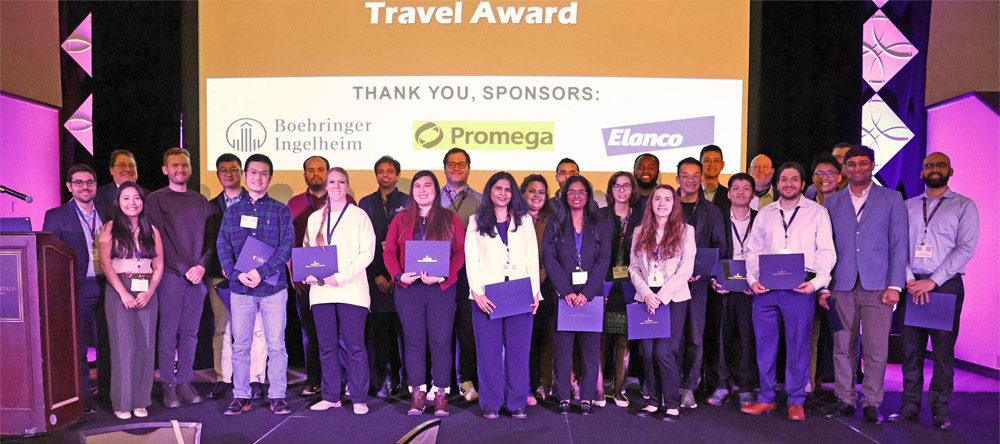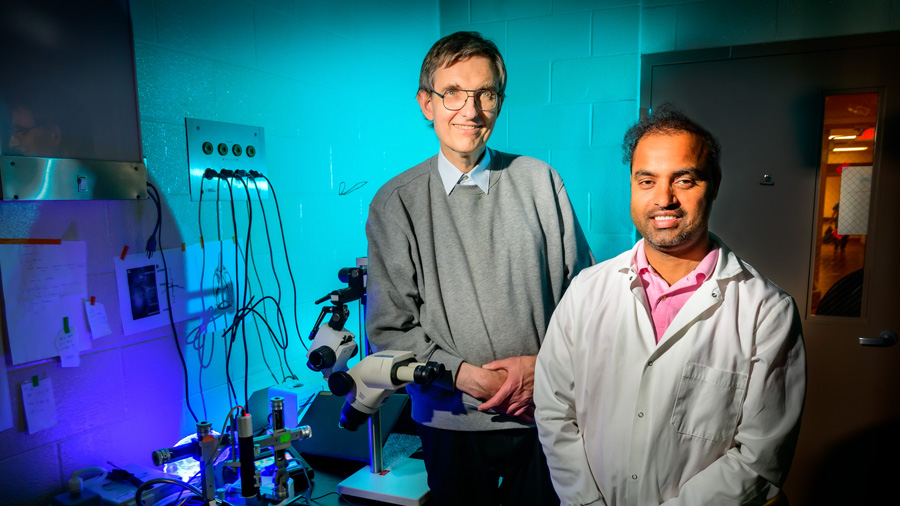Assist in Data Collection on Ticks
The first year (2018) of I-TICK (Illinois Tick Inventory Collaboration Network) was overwhelmingly successful: 70 individual participants and 18 Hubs collected over 900 ticks in 28 counties in Illinois. The program is expanding in 2019, looking for more individuals and organizations willing to participate and assist in data collection on ticks that can carry pathogens in Illinois.
Data from I-TICK increase our knowledge of tick distribution and occurrence, which in turn provides a clearer picture of when and where ticks that carry disease are most prevalent. All collected nymphal and adult specimens of four species of ticks that bite humans are currently being tested for pathogens at the Illinois Natural History Survey Medical Entomology Laboratory. The data amassed will be used to inform public health policy in Illinois.
The I-TICK program engages Illinois citizens across the state. Participants are those whose work or leisure takes them outdoors on a regular basis, for example, park district employees, farmers, hikers, dog walkers, etc. Participants collect ticks found on themselves or their pets or livestock, recording location and date of collection, for five days over a two-week period from April to December. The data are returned to a nearby “hub,” the point of contact for program. The hub will return the completed kits to the university.
“The goal of the program is to gather information about the presence of ticks of public health concern in Illinois,” said Dr. Lee Ann Lyons, a graduate student in the Department of Pathobiology who earned her veterinary degree at the College of Veterinary Medicine in 2008. “By knowing more about the timing and location of ticks, public health personnel can better inform the public about tick prevention strategies and provide information that guides efforts to reduce the number of ticks.”
Individuals are welcome to participate in the I-TICK program through their nearest hub. To find the nearest hub, or for organizations interested in serving as a hub, contact I-TICK coordinator Peg Gronemeyer by email: mag6@illinois.edu.
The I-TICK program is funded through the Illinois Department of Public Health (IDPH) and the Upper Midwest Center of Excellence in Vector-Borne Disease, a consortium of Midwestern universities established in 2017 by the Centers for Disease Control and Prevention and headquartered at the University of Wisconsin, Madison. Dr. Rebecca L. Smith, at the College of Veterinary Medicine, Dr. Chris Stone, director of the Medical Entomology Laboratory at the Illinois Natural History Survey, and Dr. Nohra Mateus-Pinilla Director of the Wildife Veterinary Epidemiology Laboratory at the Illinois Natural History Survey, lead https://vetmed.illinois.edu/itick/. The tick surveillance program is one example of the center’s efforts to improve predictions of disease emergence and outbreaks and to optimize surveillance networks and pathogen detection.
The surveillance program will continue for the next few years. Leaders hope to continue building data about tick-borne disease and its impact on Illinois health with help from citizens throughout the state.

![[American dog tick]](https://vetmed.illinois.edu/wp-content/uploads/2021/04/news-i-tick-2019.jpg)


